WORKING TOGETHER to support communities
Communities are best supported by their members, which is why human rights should be upheld through grassroots movements and local initiatives. We have been deeply inspired by stories of neighbours coming together all over the world and we want to share them with you.
"I realised a long time ago that there are groups that are particularly vulnerable and have nobody to defend them. Women, indigenous people, migrants - if they don’t have a lawyer, they don’t have any rights. So that’s what made me become a human rights defender." Sandra Alarcón
Sandra Alarcon is a 25 year old human rights lawyer, working for the Human Rights Centre of Montaña de Tlachinolan. The centre supports anyone who has suffered human right abuses and is based in the state of Guerrero, Mexico, which has one of the highest rates of violence in the country.
"What keeps me here in Guerrero is the possibility of making a difference, however small. That’s why I continue as a human rights worker." Sandra Alarcón
"The pursuit of money and profit is taking us away from the cosmic vision and wisdom of our people who see our natural wealth not so much as a resource but as a form of life."
Donald Hernandez
Donald Hernandez
Donald Hernandez comes from a peasant background in Honduras. As a child, he would walk 20 km across rivers and forest to reach his school. He studied agriculture and went on to work with mountain communities on food security. He came to understand how communities’ rights were being systematically violated, so he took the decision to study law to support them.
Today, Donald Hernandez is a human rights lawyer representing over 30 criminalised defenders. He coordinates the human rights and natural wealth programmes of CEPRODEC, the Honduran Centre for the Promotion of Community Development and plays a prominent role in the National Coalition of Environmental Networks and Organisations (CONROA).
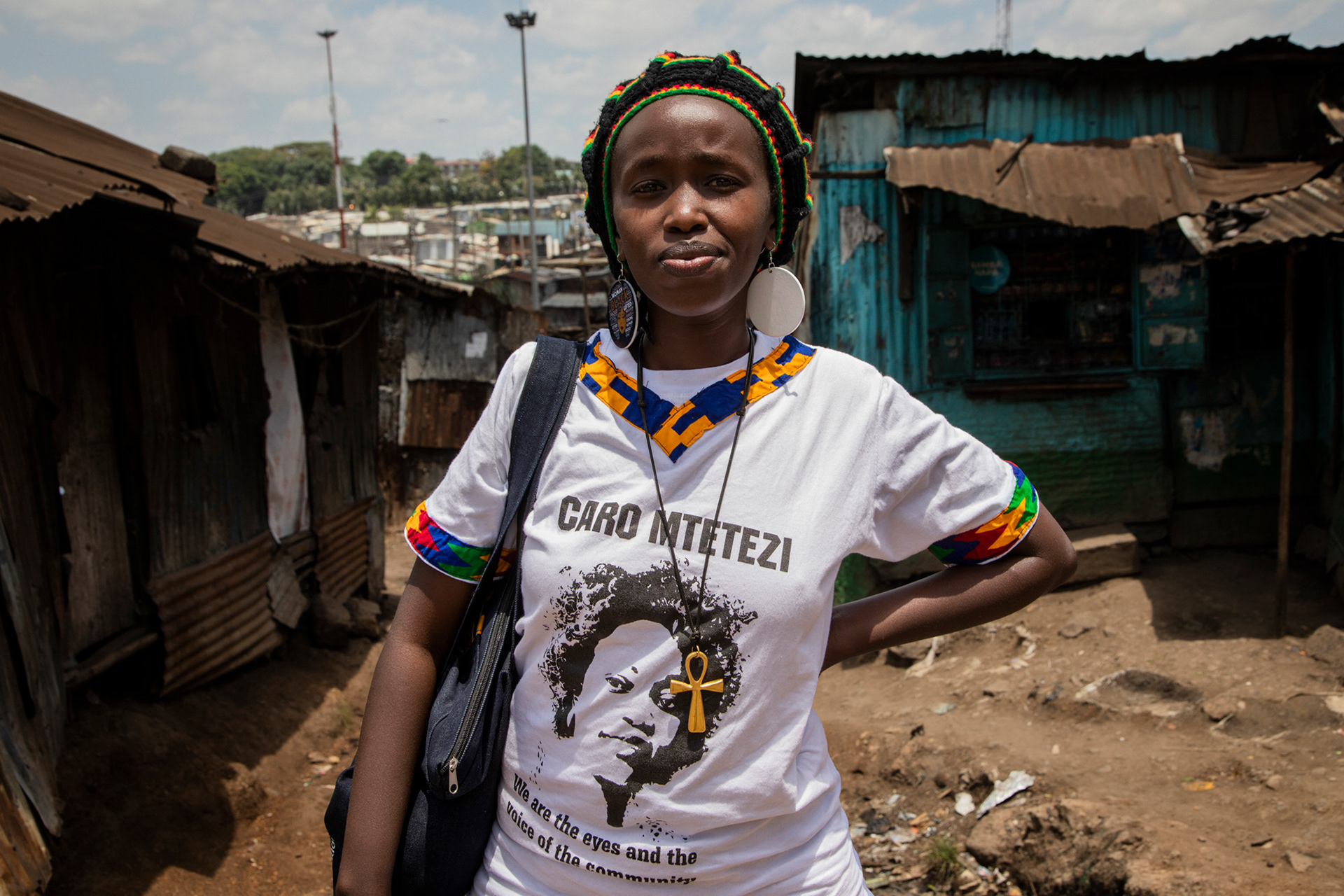
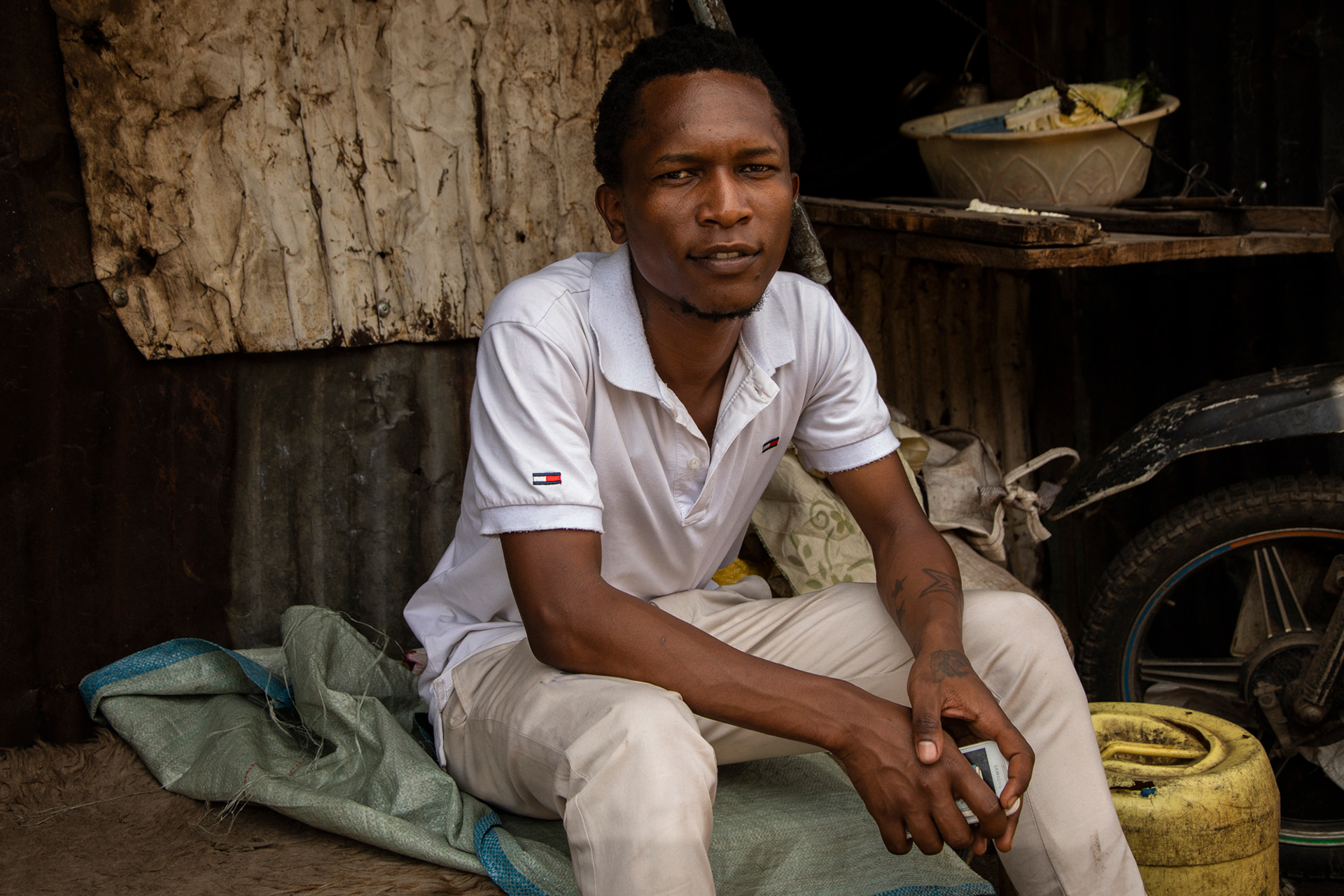
"We have come together to consolidate our efforts to have one voice and we say - we want social justice!" Juliet Wanjira
Kenya is only at the beginning of its fight against COVID-19, but the virus poses incredible risks to those living in Nairobi’s densely populated urban settlements, where access to water, soap, and sanitation is unreliable, and social distancing next to impossible. Grassroots activists like Steve Kinuthia and Juliet Wanjira took it upon themselves to raise awareness among the community about the importance of distancing, hand washing, and wearing masks to prevent the spread of the virus and save lives.
"Unity. That's where our power lies" Juliet Wanjira
These examples of community solidarity have multiplied throughout the urban settlements. In Kiberia, Editar Ochieng has been setting up hand washing points and teaching her neighbours how to make their own soap, while V-Slim travels door to door distributing food and water bottles. Countless others are working tirelessly to help others in total anonymity. We believe their work should be celebrated.
Watch PBI UK webinar where Editar Ochieng talks about GOVERNMENT AND GRASSROOTS RESPONSES IN KENYA
Juliet Wanjera is a co-founder of the Mathare Social Justice Centre and a co-ordinator the women group in the social justice movement. In just two years the MSCJ has developed from a loose group of individuals meeting on the streets and in their houses, to a well-organised and powerful voice in the public debate on issues such as extrajudicial killings in the urban settlements, land rights, gender-based rights and many more.
"They treat us like if you are born in a ghetto you are a criminal by default. If we decriminalised poverty and youth, the extrajudicial killings will come to an end" Faith Kasina
"We need to start showing the positive side of young people who are doing great things in the communities and bring about change" Faith Kasina
Faith Kasino is a co-ordinator the women group Kayole Social Justice Centre in Nairobi, Kenya. For years, the urban settlement of Mathare has suffered various forms of structural violence, including: land grabbing, forced evictions, police abuse and extrajudicial killings, political impunity and other economic, social and psychological violations. This violence has been allowed to go on without any retribution to the community, especially as most of the community continues to live in fear of the consequences of standing up for their rights.
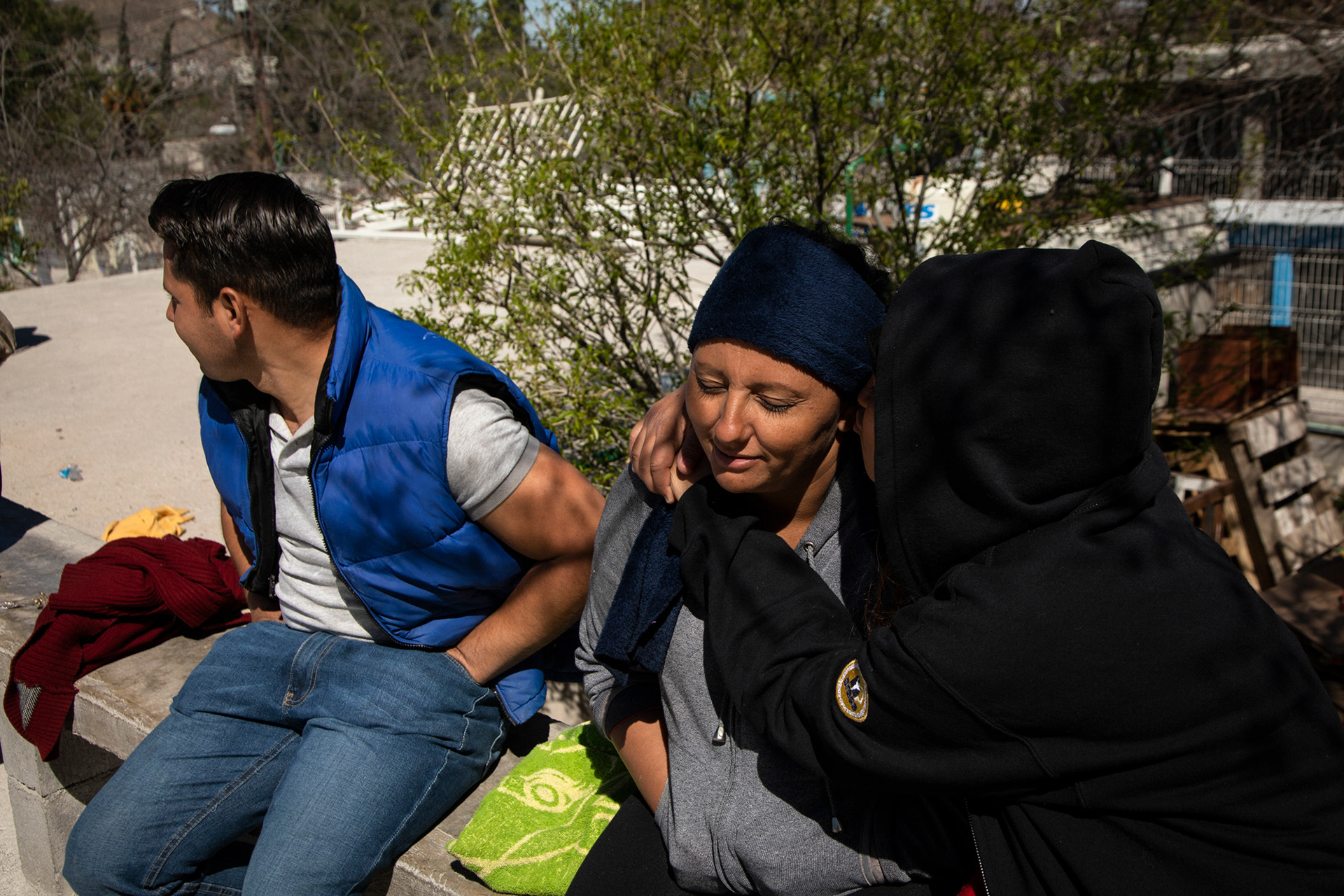
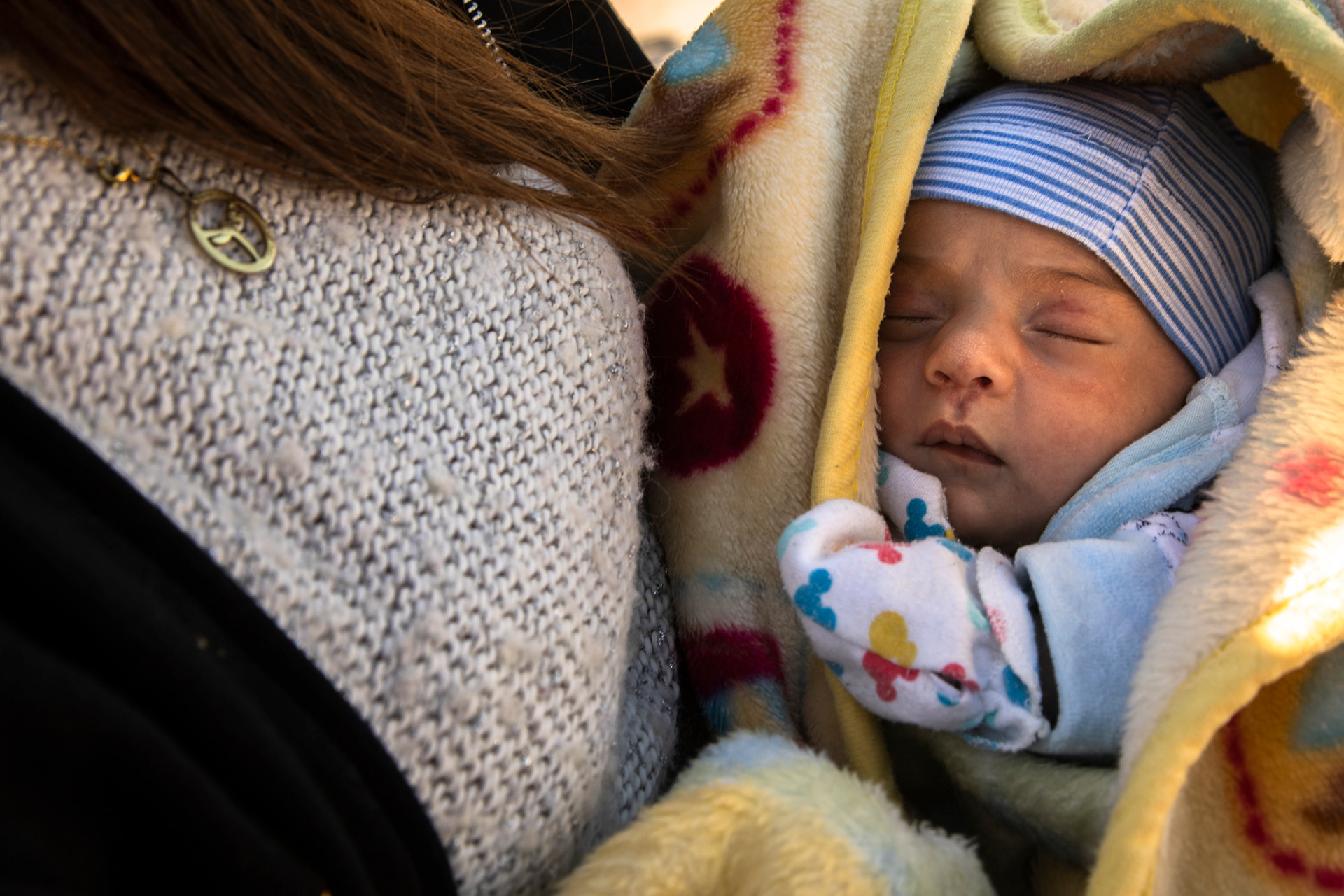
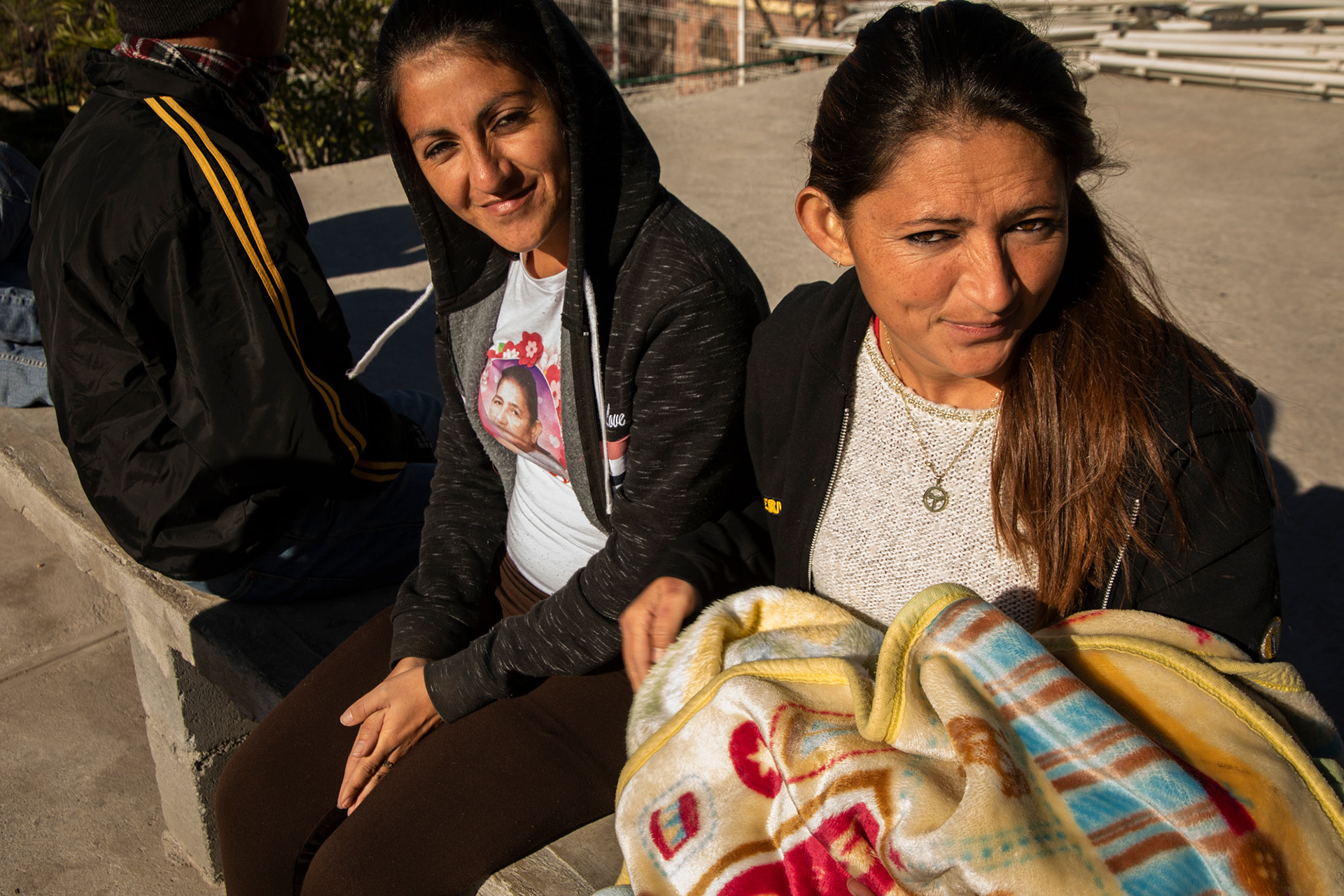
Marisol cerecero co-ordinates the psycho-social support offered in La Casa del Migrante de Saltillo, one of a series of shelters that supports migrants in Mexico. It receives an average of 80 migrants a day and provides them with medical and psychological care as well as legal assistance with the migratory process and deportation cases. She has noticed that in recent years the number of women migrants has increased.
"It's lovely to see that whoever is a mother, is a mother of all the children at once." Marisol Cerecero
"They are examples of a life lived and they really inspire me." Marisol Cerecero
"What I have observed among migrant women is maximum expression of sisterhood" Mayela Hernandez
Mayela Hernandez is the legal support coordinator of Casa del Migrante de Saltillo, Mexico. She provides legal assistance with the migratory process and deportation cases. Mayela also comments about the sisterhood among migrant women.
Carlos Morales is a human rights defender at the Corporación Acción Humanitaria por la Paz y la Convivencia en el Norte Santioqueño (CAHUPACANA) Colombia. Its main mission is to report on the humanitarian crisis and create spaces for training on how to defend and promote the human rights of small-scale farmers. Cahucopana develops activities for communities to strengthen their organisational abilities, supports the Community Action Boards (JACCs), trains and builds capacities of leaders and communities on human rights and international humanitarian law, and denounces human rights violations by armed actors and private companies.
The Corporation has taken on an important leadership role in the region, and represents the power of the communities’ resistance to so many years of violence. Its work benefits around 500 people, and 2,000 additional people who live in the communities where they carry out their activities.
"The direct dialogue methods that we use have helped communities to begin to exercise and demand respect for their lives. To overcome fear." Carlos Morales
"We believe that dialogue with armed, illegal and legal groups has helped us save lives and prevent the displacement of people." Carlos Morales
CHECK OUT MORE STORIES
Click on the image to find out more
